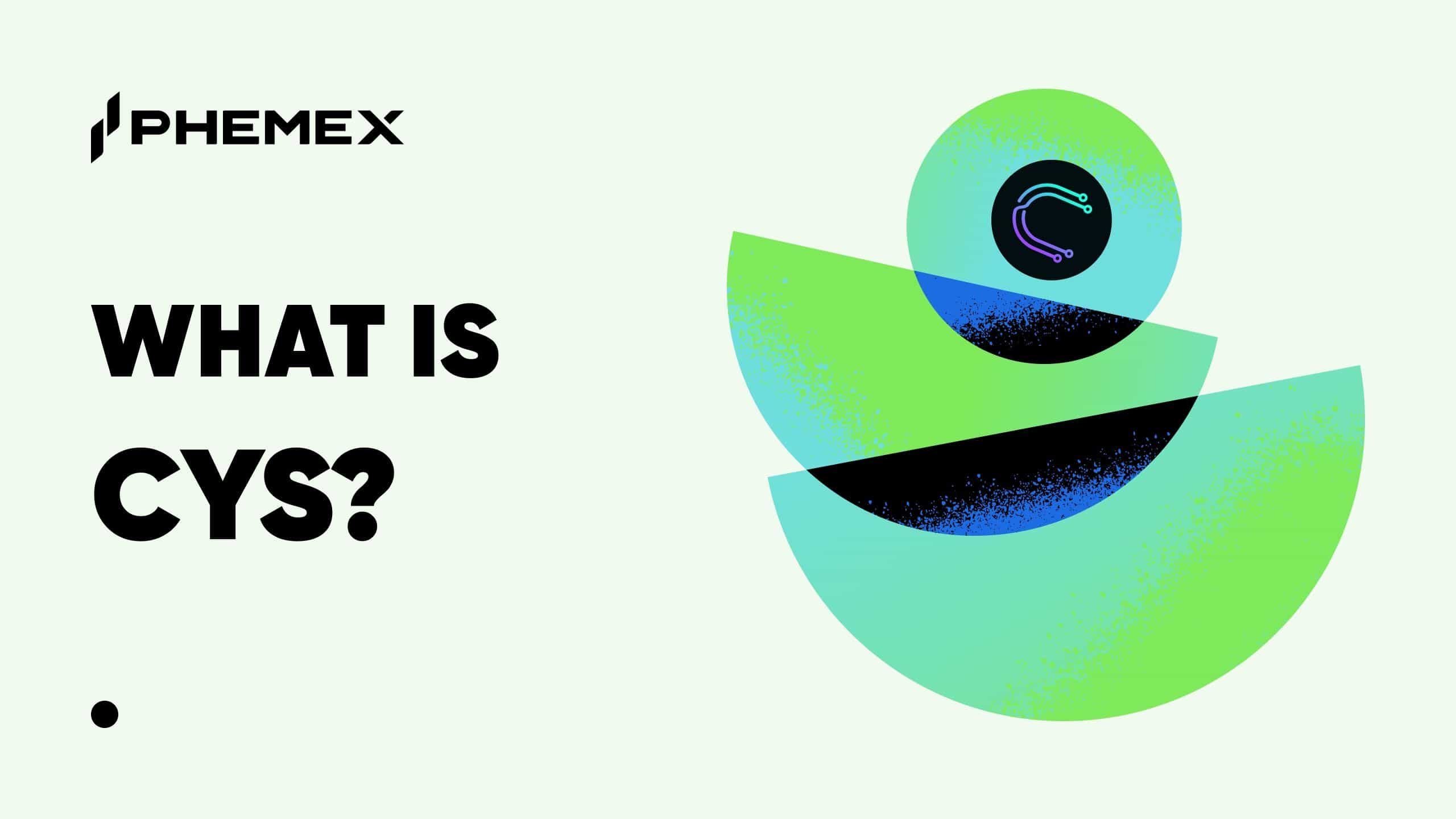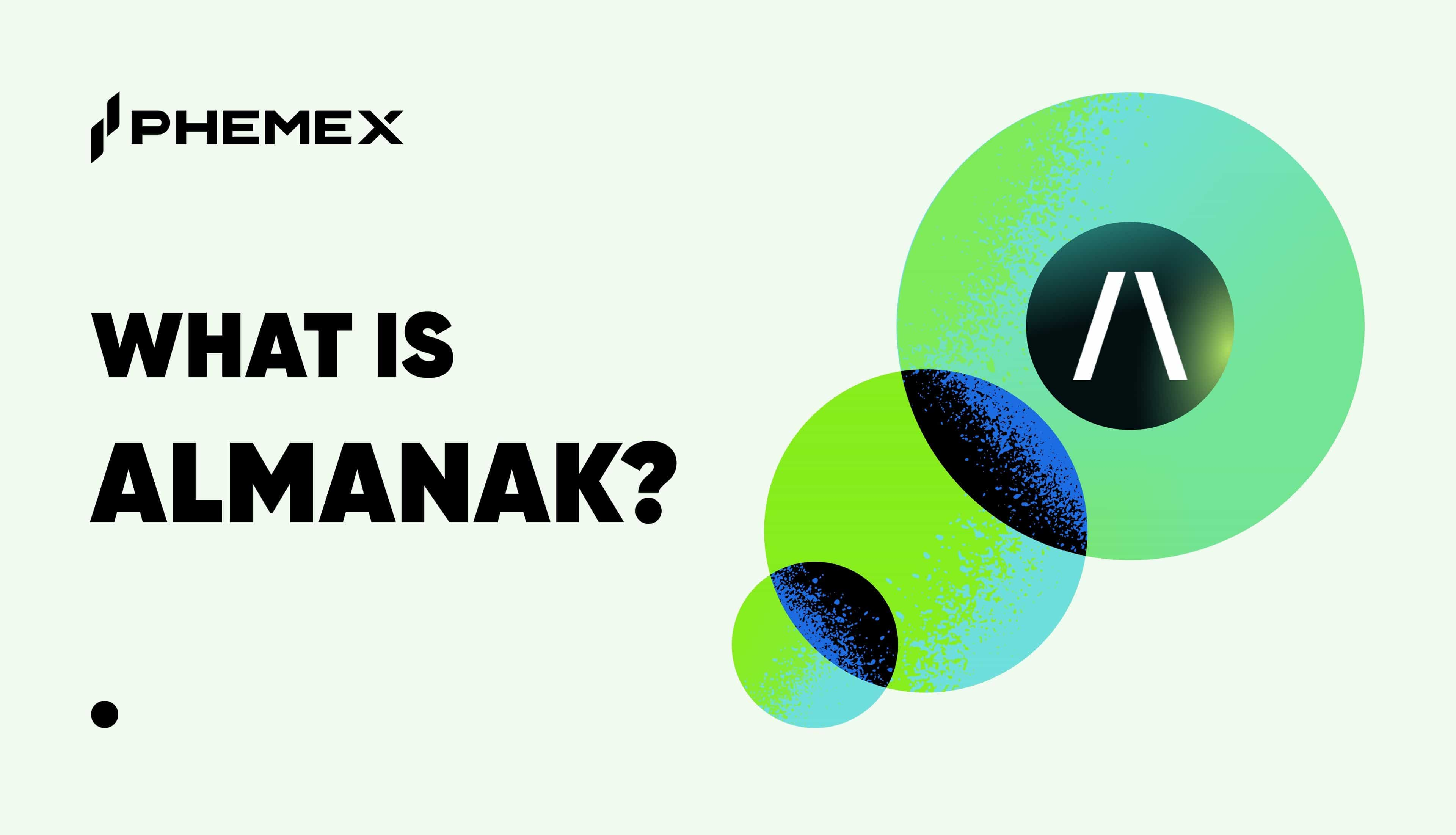Blockchain technology and artificial intelligence (AI) are being increasingly applied in various industries, and this synergistic relationship is predicted to only strengthen in the future. From banking, to retail, to the government sector, blockchain-based AI solutions are growing and finding new use cases.

What Is Artificial Intelligence (AI)?
Artificial Intelligence is a branch of computer science dedicated to the study and development of algorithms and machines that perform tasks that normally require human intelligence and reasoning. The birth of the AI field can be attributed to the British scientist Alan Turing and his famous question, “Can machines think?” – posed by him in the 1950 publication “Computing Machinery and Intelligence.”
Over the decades following Turing’s pioneering paper, the AI field has progressed from a bold idea to a widely-used common technology. When you interact with online chat boats, get suggestions for your optimal travel itinerary, or see ads based on your past online usage behavior, you are rubbing your shoulders with the world of AI.
The key behavior that distinguishes many AI systems and algorithms from the less sophisticated rule-based or simple automated systems is the ability of the former to learn and improve based on additional inputs or own past performance.
How Do Blockchain and Artificial Intelligence Work Together?
Blockchain and AI form a great synergistic relationship in many applications across a variety of industries. While AI algorithms are used to automate processes and tasks in computer systems and applications, blockchain technology is used in three main functions when interacting with these systems and applications:
- Blockchain technology is used to disseminate/share the outputs of AI algorithms across a variety of decentralized actors, such as businesses integrated into the same blockchain-based supply chain or the same inter-bank network.
- Blockchain technology is used(along with AI) in Internet of Things (IoT) devices. IoT devices are often based on AI-powered algorithms. Some of these devices are also used as oracles, sources of real-world data for blockchain networks.
- AI algorithms are used by some cryptocurrency and decentralized finance (DeFi) platforms hosted on blockchains for a variety of functions, such as trade options suggestions and cross-platform asset management.
What are the Industry Use Cases for Blockchain-Based Artificial Intelligence Solutions?
As the use of AI and blockchain is growing, a wide array of industry-specific opportunities has opened up to integrate these two technologies. Some of the opportunities are being widely implemented, while some others are likely to be realized in the future. Here are the industries with the highest use or potential for implementing blockchain-based AI solutions.
1. Decentralized Finance
What other industry could be a better match for blockchain and AI than DeFi? AI is already used by some DeFi apps for:
- Optimizing swap trade suggestions
- Automatically assembling optimal portfolios of crypto assets from various platforms
- Forecasting asset rate movements to aid crypto investors’ decisions
Currently, most DeFi platforms provide some limited automation functionality for these operations, but they mostly rely on users to make the bulk of trading and investment choices. In essence, they provide a trading interface and leave it to the user to assess options and make choices.
Some DeFi platforms are already pioneering AI solutions. For example, YAI.Finance, a yield farming app on the Oraichain platform, uses AI algorithms to help its users assess the risks and potential returns from various investment scenarios, and makes optimal choice recommendations.
It is likely that the next revolution for the DeFi space will arrive when AI-based automation of common trading and investment tasks becomes the industry norm.

The YAI.Finance app on Oraichain uses AI to optimize yield farming and price predictions (Source: Orai.io)
2. Banking
The banking industry’s use cases for AI and blockchain solutions include:
- Anti-money laundering activities: Banks employ AI algorithms to track and identify suspicious transactions. Since many of the anti-money laundering tasks require cooperation between different banks, other financial institutions, and government agencies, blockchain solutions can be used to share and access the required information.
- Know Your Customer (KYC) procedures: Banks normally apply extensive KYC requirements to onboard new customers. AI functionality, such as image recognition, is frequently used in this process. Additionally, data sharing between banks and government entities is often necessary, particularly in suspicious cases. This is where blockchain technology may come into the picture and help various banks and government departments cross-verify the necessary identity information.

- Credit risk assessment: Assessment of potential customers’ credit risk is one of the most common areas for AI application in the banking industry. Blockchain-based solutions can help share the results of these assessments between banks and credit score reporting agencies. They can also be used to gather additional inputs from various banks and reporting agencies to optimize credit risk evaluations of customers.
3. Insurance
The insurance industry is another big user of both AI and blockchain technologies. The common use cases for these technologies in insurance include:
- Fraud detection in claims processing: Many insurance providers are moving to blockchain-based solutions to streamline their claims processing operations, the core activity in any insurance business. Blockchain networks connect different insurers, re-insurers, brokers, healthcare providers, car repair service providers, and other parties.
These claims processing networks frequently use AI algorithms to detect fraudulent claims. For example, key information required for claims verification is fed into blockchain-based claims systems via external oracles. One common case of these oracles are sensors and cameras installed on roads, and equipped with the AI functionality to analyze traffic and road events.
These AI-powered devices can relay critical information to the blockchain to verify the authenticity of car accident claims.
- Optimal insurance plans and rates development: Just as banks use AI to assess customers’ credit risk, insurance providers use AI algorithms to forecast customers’ future claims incidents and behaviors. On the basis of these forecasts, optimal insurance premiums and plans are derived.
Blockchain solutions feeding external data as inputs into these forecast algorithms from other insurers, government agencies, credit reporting agencies, and healthcare providers can greatly improve the accuracy of these AI algorithms.
4. Retail
Large companies in the retail industry rely on increasingly complex supply chains. As the complexity of these supply chains increases, the blockchain becomes an attractive choice to host data for transparency and optimization purposes.
Two key processes where retail supply chains can benefit from the integration of AI and blockchain are:
- Inventory and stock level forecasting:AI is extensively used by supermarket supply chains to forecast optimal inventory and order levels for the next period of deliveries. As these forecasts are relayed over a blockchain-based supply chain system, all the involved network actors, such as farmers, distributors, resellers, and transportation companies, can plan and optimize their activity levels and operations.
Each of these network partners for a supermarket will benefit from knowing what the expected order level from the supermarket is likely to be for the next buying period.
- Assessment of the product quality at the purchase source:AI imaging technology is already used by supermarkets to identify bad produce on their shelves. Integrating AI solutions to identify poor product quality at the source of purchase, and relaying this information via the blockchain could help supermarkets cut costs incurred due to buying bad produce.
Storing this information on a blockchain-based supply chain system would also improve the transparency and responsibility of original produce manufacturers and distributors with regard to supplying quality produce.
5. Government
With governments using AI extensively to combat crime, forecast economic models, plan urban environments, and provide various services to the population, use cases for blockchain-based AI in the government sector are probably going to make a long list. Here are some of the more promising use cases:
- Inter-departmental blockchain-based networks for identity management and the provision of various government services to the population.AI technology, such as facial recognition software, is extensively used on these platforms for detecting identity fraud and providing streamlined services to the population.
- Inter-governmental blockchain-based networks using AI to scan for and detect financial crimes, illegal movement of people, or tax avoidance.
- Blockchain-based land registry records using AI for detecting fraud in land claims. In many countries, land registry databases have imprecise, and in some cases, fraudulent, information due to difficulties in accessing and measuring land, or due to other country-specific circumstances.
A blockchain and AI-based system could help manage such a registry, minimizing fraud. Currently, the government of Sweden is trialing such a system for its land registry database.

Conclusion
Blockchain-based AI solutions offer great new opportunities across many industries. The most promising uses of blockchain-based AI are likely to be in the DeFi, banking, insurance, retail, and government sectors.
Blockchain and AI are commonly integrated via sharing of AI algorithm results on blockchain systems, use of AI-enabled oracles to feed data into blockchain, and via AI-based predictions and asset optimizations on some DeFi platforms.
As the combined use of blockchain and AI is accelerating, expect intelligent automation in the DeFi industry to also grow strongly. It is quite feasible that AI-enabled automated trading and investment advice will become the industry norm, and DeFi platforms that do not offer such AI services will lose customers to the platforms that do.
Read More
- Web3, AI, and Crypto Converging to Transform the Internet
- Rising Use of Artificial Intelligence in Trading
- What is Blockchain Technology: The Biggest Misconception About It
- Algorithmic trading and AI trading in Crypto: Are they profitable?
- What are Blockchain Applications and Use Cases?
- What are AI Agents? The Potential Next Big Thing in Crypto
- Careers in Blockchain: Techies, Lawyers, Crime Hunters, and Beyond
- AI Crypto Coins See Recent 20% Surge to Reach $1 Billion Volume








